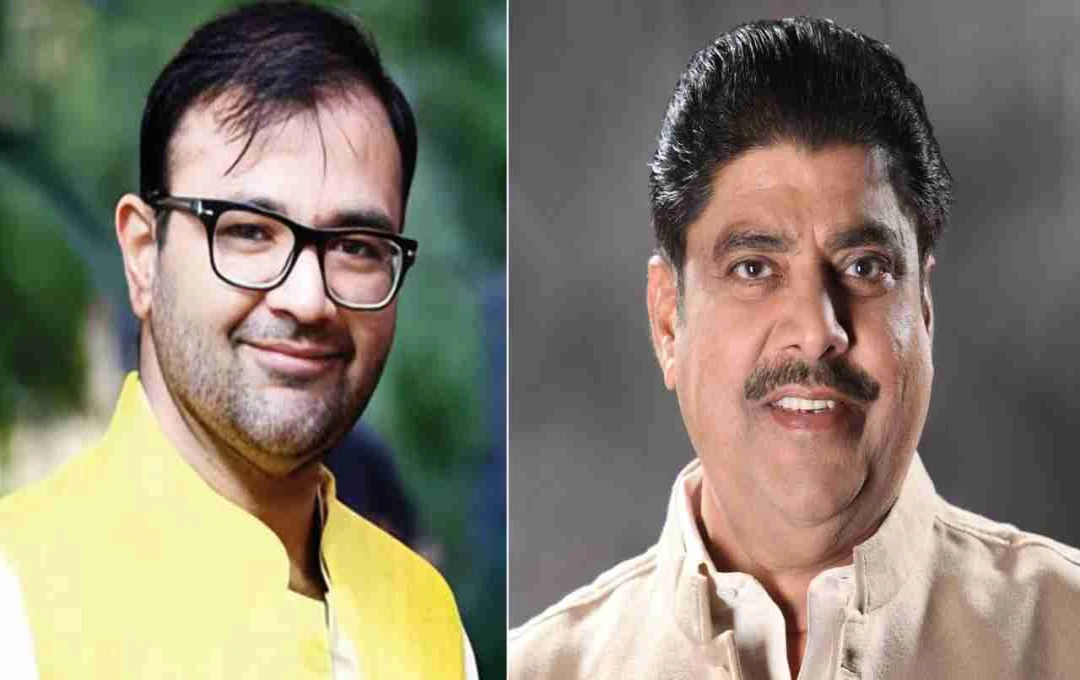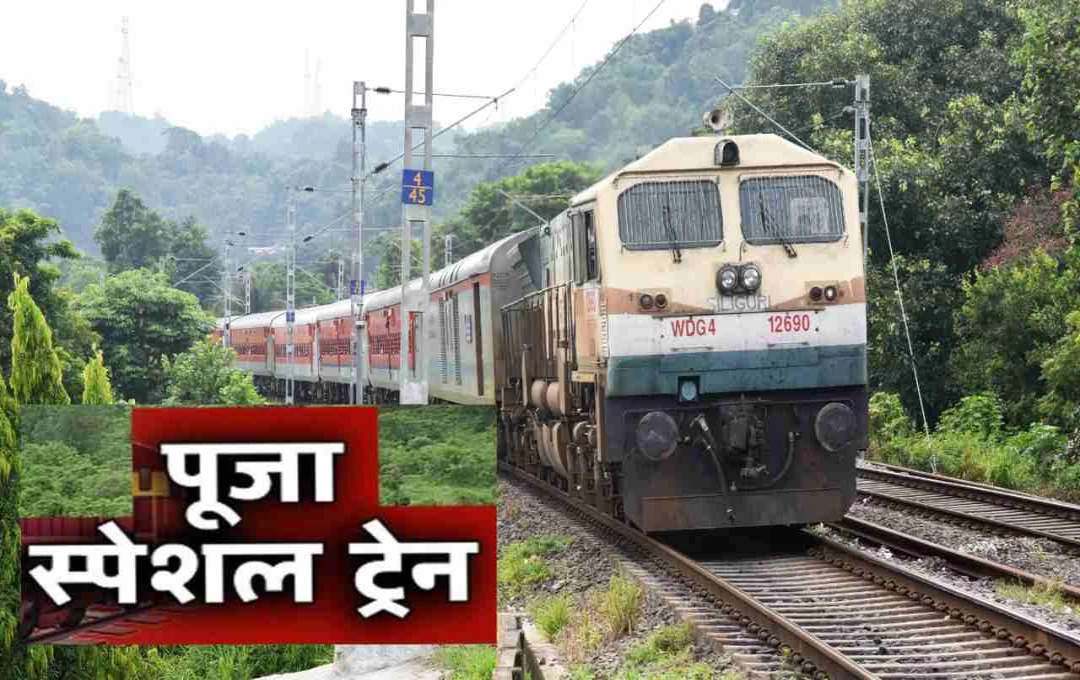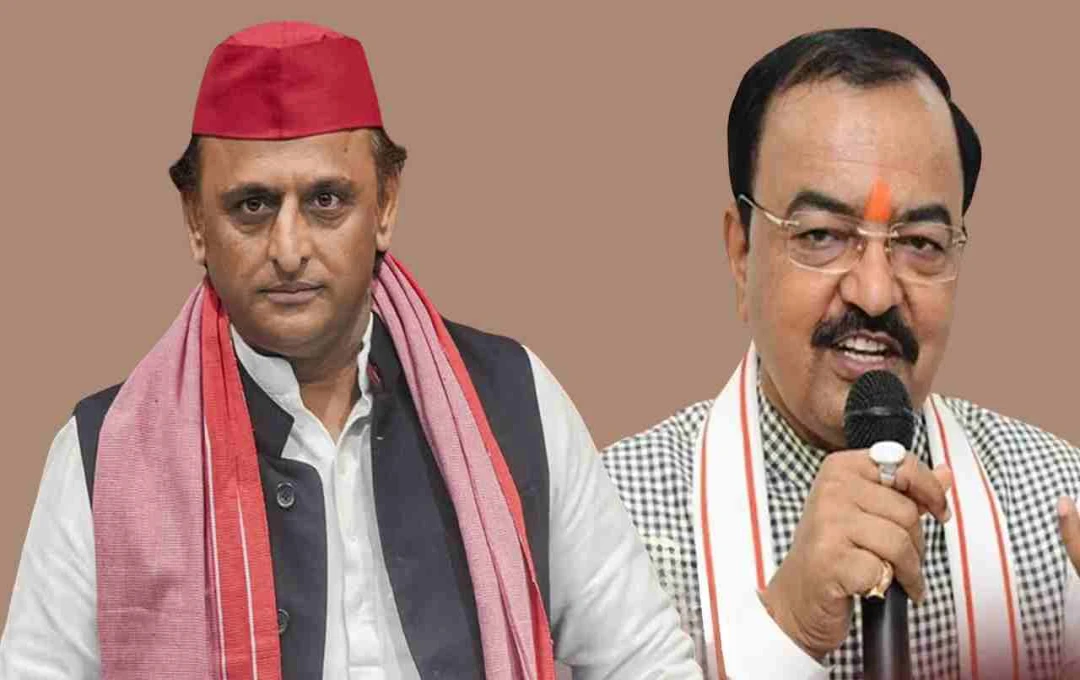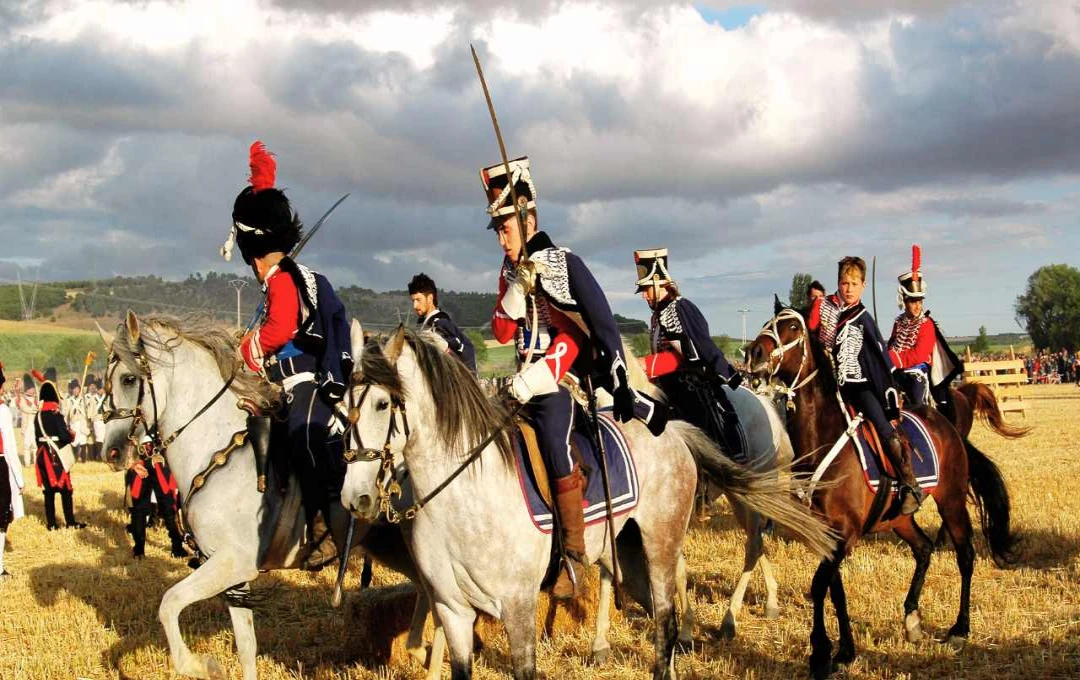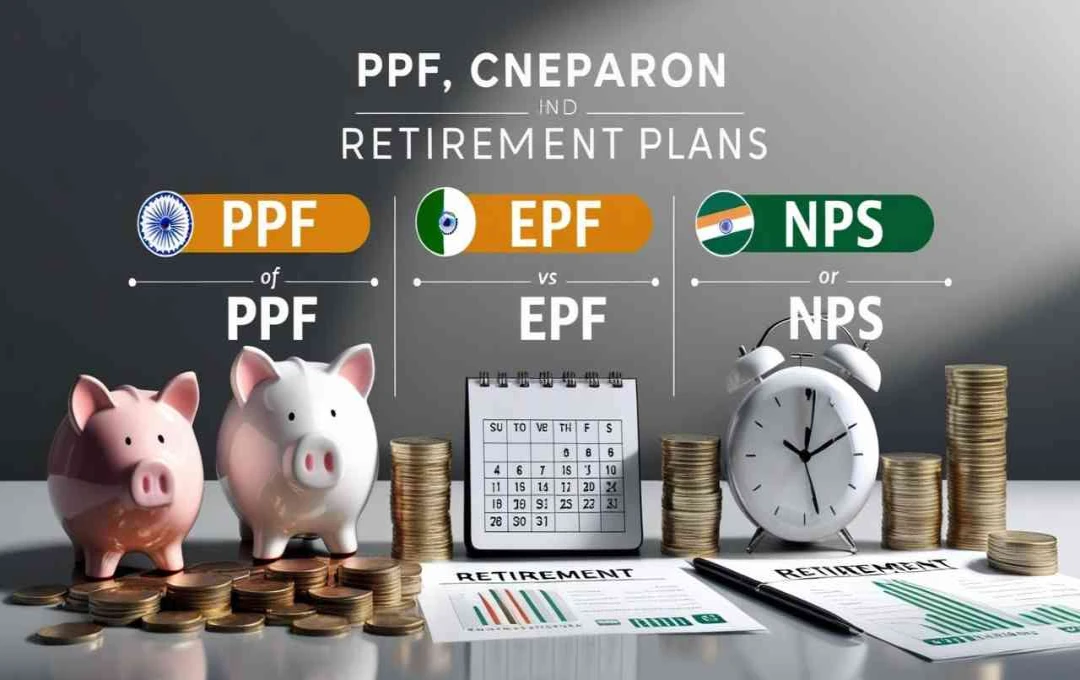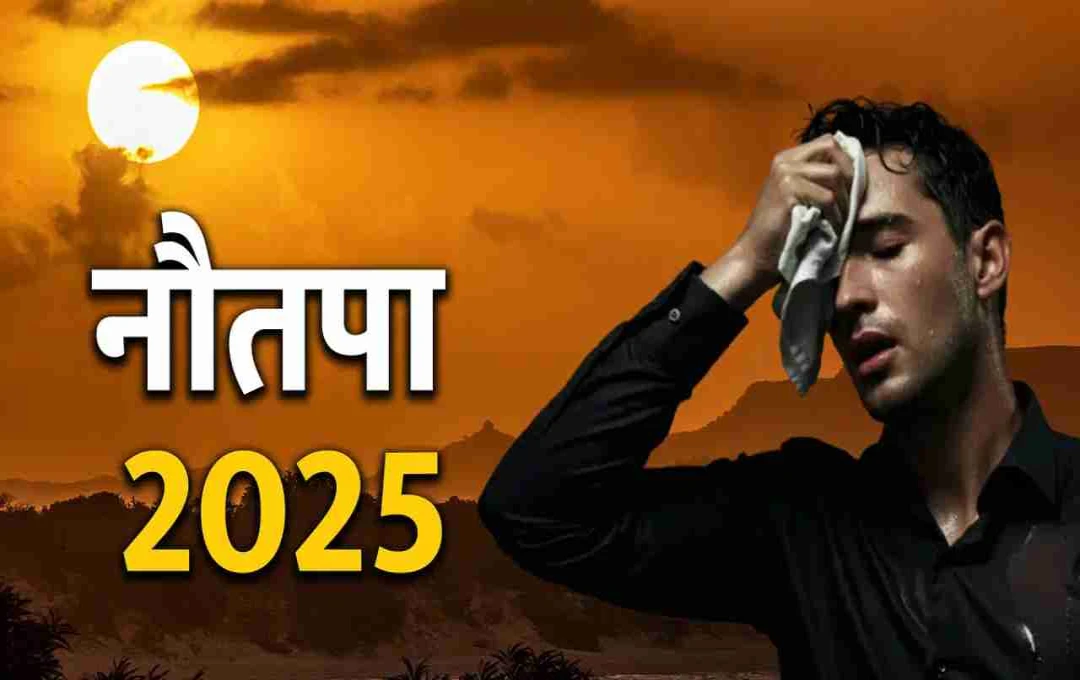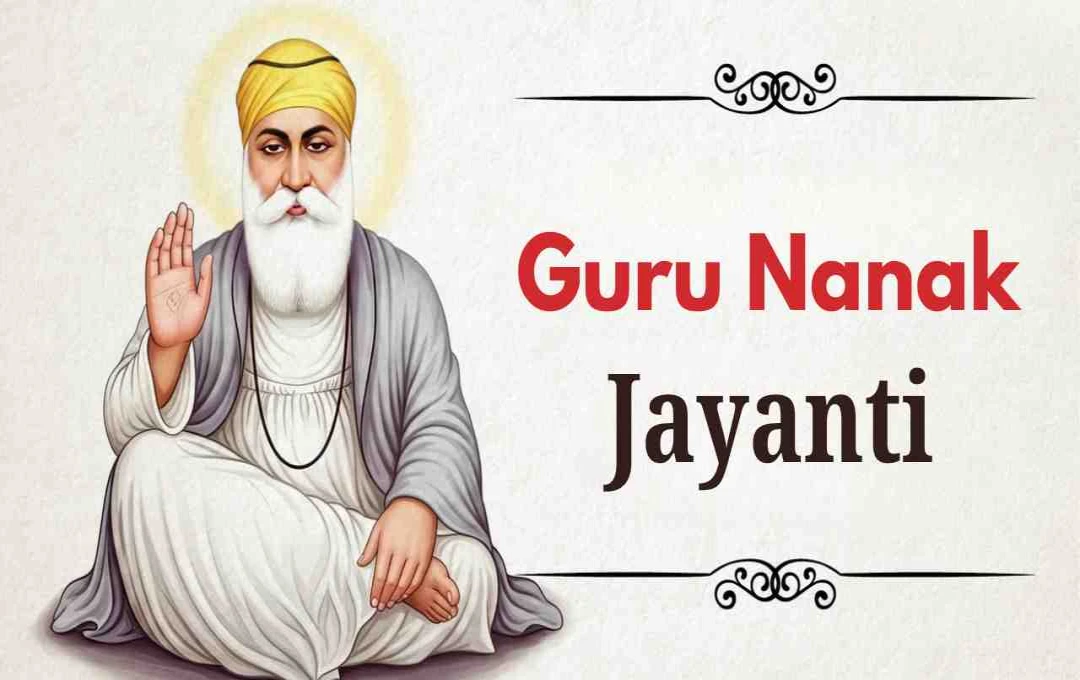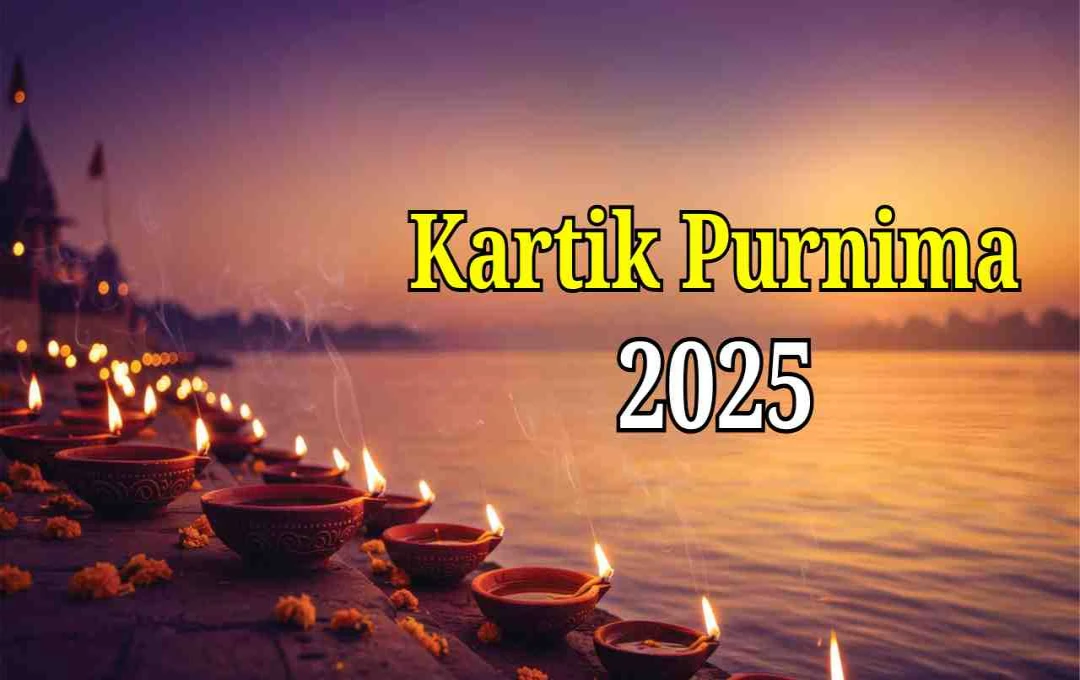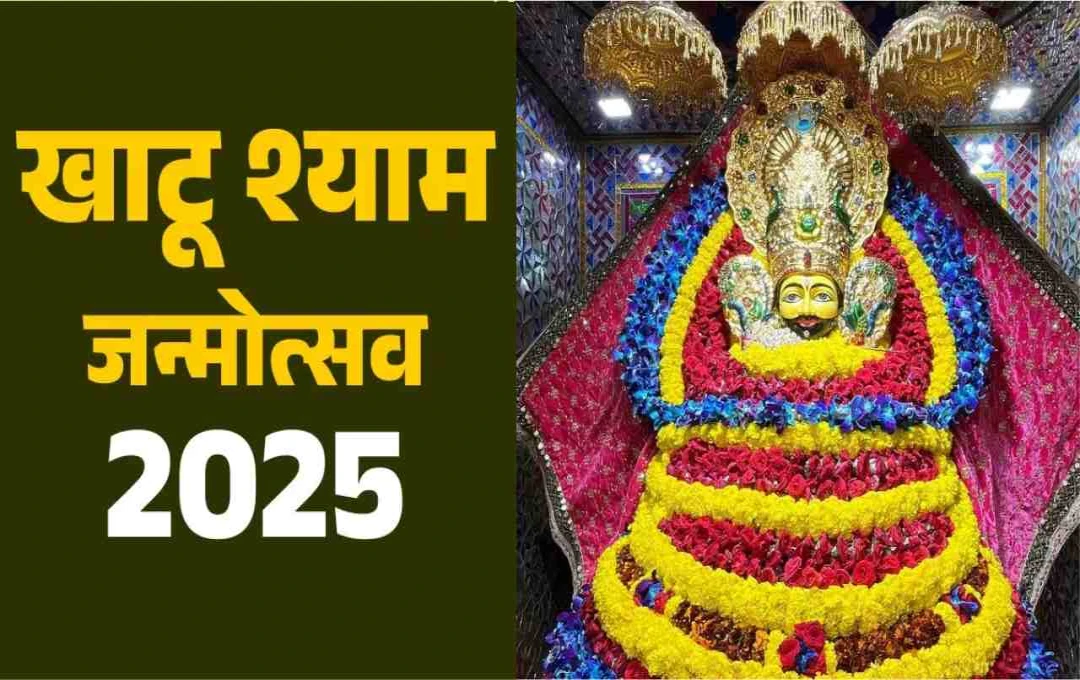On November 7, 2025, the national song 'Vande Mataram' will complete 150 years since its composition. It is not merely a song but a symbol of the soul of the Indian freedom struggle, which not only infused new energy into the fight for independence but also strengthened Indian languages and literature, giving them new dimensions.
Vande Mataram: This year, on November 7, 2025, India's national song 'Vande Mataram' turns 150 years old. This song is not merely a collection of music or words; it is the soul of the Indian freedom struggle and a symbol of patriotism. Today, millions of people worldwide recognize it not just as a song but as an emblem of Indian national pride and struggle. On this significant occasion, Prime Minister Narendra Modi will inaugurate a year-long commemoration at the Indira Gandhi Indoor Stadium and release special commemorative postage stamps and coins.
Vande Mataram was composed by Bankim Chandra Chattopadhyay on November 7, 1874, on the auspicious occasion of Akshaya Navami. This song was later included in his famous novel 'Anandamath' (1882) and became a source of inspiration for revolutionaries during the freedom struggle.
Bankim Chandra Chattopadhyay: Confluence of Literature and Freedom
Bankim Chandra Chattopadhyay was born on June 26, 1838, in the village of Kanthalpara, 24 Parganas district, West Bengal. He is considered a great novelist and thinker of Bengali literature. Bankim Chandra made a unique contribution to bringing Indian literature to the masses and is often referred to as "India's Alexandre Dumas."
He wrote his first novel, 'Durgeshnandini,' at the young age of 27. Subsequently, Bankim Chandra made remarkable contributions in both literature and national consciousness. His writing ignited feelings of patriotism and cultural pride among Bengali and Hindi-speaking readers.
Bankim Chandra's Education and Administrative Life
After completing his initial education, Bankim Chandra pursued higher education at Hooghly College and Presidency College, Kolkata. In 1857, he became the first Indian to receive a B.A. degree from Presidency College. Later, in 1869, he also earned a law degree. After completing his law studies, Bankim Chandra was appointed to the post of Deputy Magistrate.
He also served as a Secretary in the Bengal government for several years. For his excellent administrative work, he was awarded titles such as Rai Bahadur and CIE. In 1891, he retired from government service.
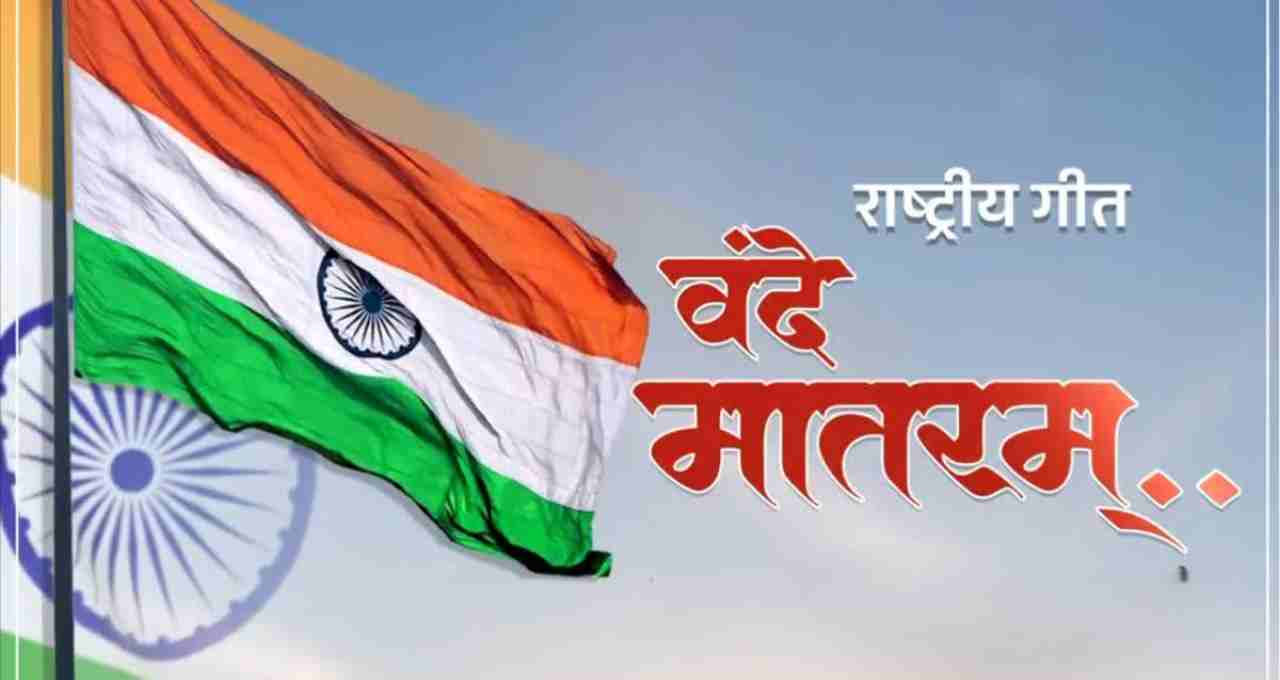
Inspiration Behind the Composition of Vande Mataram
In 1874, Bankim Chandra wrote the patriotic song 'Vande Mataram.' The story behind it is very interesting. At that time, the British rulers had made it mandatory to sing 'God! Save the Queen' at every public event. This was humiliating for Indians. In response, Bankim Chandra composed Vande Mataram, addressing the motherland as a mother.
Through this song, he awakened the spirit of freedom and nationalism in the minds of Indians. This song was later included in his novel 'Anandamath' (1882), which made immense contributions to patriotism and the independence movement.
Public Performance of Vande Mataram
Vande Mataram was first sung at the session of the Indian National Congress in Kolkata in 1896. Immediately thereafter, the song became immensely popular among revolutionaries. Youth, children, men, and women across the country began to sing it. Against British rule, this song became a unique voice of freedom. The tune of the song is also very special. It is said that Rabindranath Tagore composed the music for this song by Bankim Chandra. Over time, Vande Mataram secured its indelible place in history, becoming not just a song of the freedom movement but a symbol of Indian national sentiment.
Vande Mataram was not merely a song; it became a principal clarion call for revolutionaries during the freedom struggle. This song continued to evoke feelings of patriotism and inspiration for struggle among the people. Bankim Chandra's composition continues to keep the spirit of national love and unity alive in the hearts of millions of Indians even today. On January 24, 1950, India's first President, Dr. Rajendra Prasad, accorded Vande Mataram the status of the official National Song. Since then, this song is sung at every national event, government ceremony, and on the occasions of Independence Day and Republic Day.
Bankim Chandra's Legacy
Bankim Chandra Chattopadhyay not only enriched the world of literature but also made invaluable contributions to the Indian freedom struggle and national consciousness. The Vande Mataram composed by him remains a symbol of patriotism and courage among the younger generation today. His writing served to connect the Bengali and Hindi-speaking communities. His novels and songs still remind us that literature is not merely a medium of entertainment but can also be a tool for awakening society and the nation.

